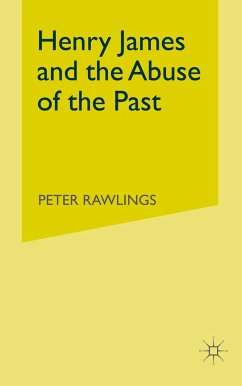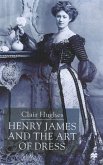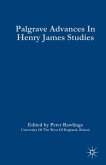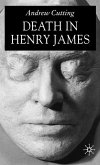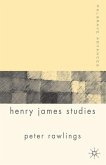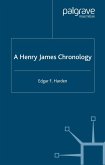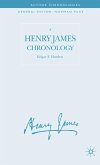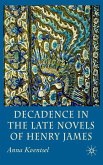Henry James and the Abuse of the Past explores the complex uses to which James puts his oblique experience of the American Civil War. Why does James use and abuse the past by fabricating and distorting people and events in his autobiographical work? The study integrates four elements: history, the past and problems of narration and representation; the homoerotics of the Civil war tales and other soldiering fiction; a life-long pre-occupation with Shakespeare as a historical figure; and theories of time as they come under the pressure of trauma and war. This well-written, insightful and persuasive study is an important contribution to James scholarship and will be of interest to any students and scholars of James
'The project of the book is ambitious, its intellectual sweep extensive...Rawlings's argumentation is erudite, accomplished and intricate...[Even] as the book demands a great deal from its readers, the rewards of this rigorous and sophisticated study are proportionately great.' - Sarah Wadsworth, The Henry James Review

